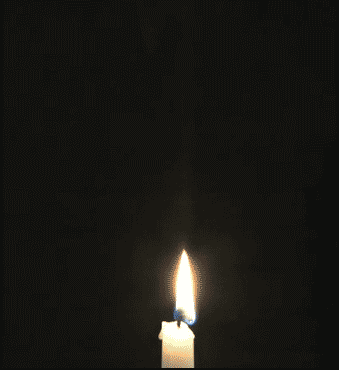It was the rare Trump quote that caused groans as it rocketed through conservative media.
But this soundbite came from an upcoming memoir from former First Lady Melania Trump: "Why should anyone other than the woman herself have the power to determine what she does with her own body? A woman's fundamental right of individual liberty, to her own life, grants her the authority to terminate her pregnancy if she wishes. … I have carried this belief with me throughout my entire adult life.”
Former President Donald Trump had already softened his party's strong stance against abortion, leading satirists at The Babylon Bee to note: "Pro-Lifers Excited To Choose Between Moderate Amount Of Baby Murder And High Amount of Baby Murder."
To put that in ballot-box terms, a new study by the Cultural Research Center at Arizona Christian University claimed that 32 million church-going Christians are poised to sit out this election, many because they are disillusioned or believe the results will be rigged.
If the number of conservative believers going to polls plummets, that would clash with trends in the last four White House races, according to political scientist Ryan Burge of Eastern Illinois University, author of "20 Myths about Religion and Politics in America."
"Half of the Christians are not going to vote. That's normal. That's old news. … We can expect those numbers to remain stable," said Burge, reached by telephone.
But there's another trend researchers expect to see again, he added. Yes, 80% of white evangelicals "voted for John McCain in 2008 and 80% have been voting for Donald Trump. We can expect that to happen again. It's what they do."










